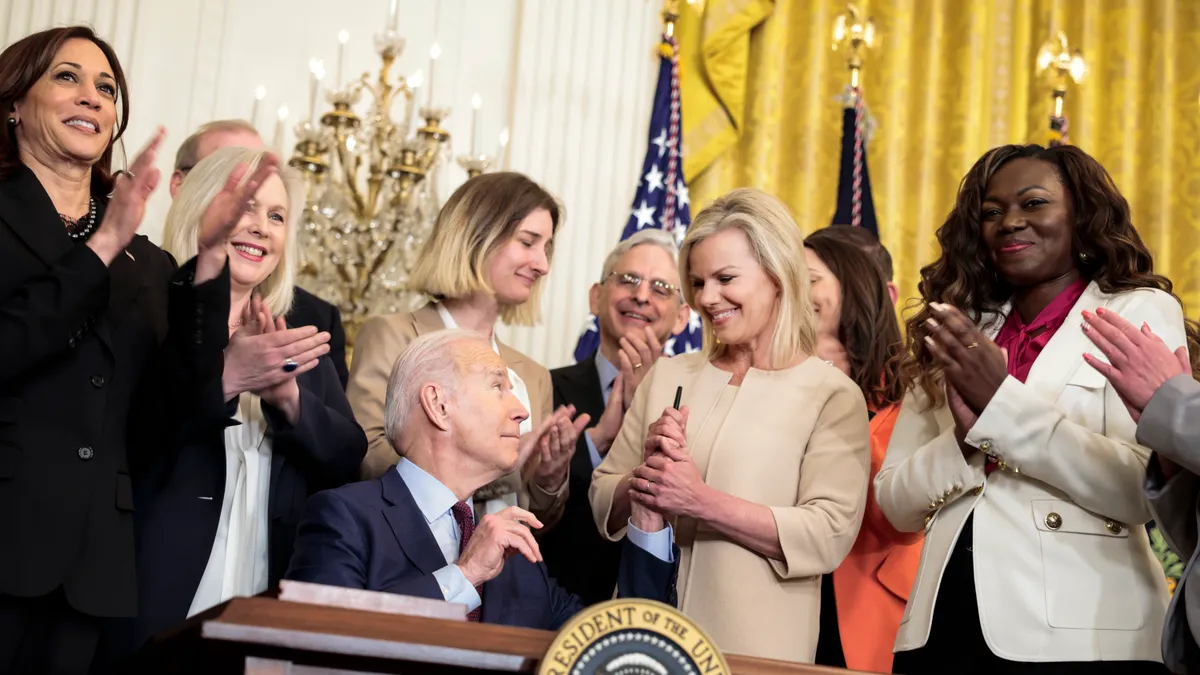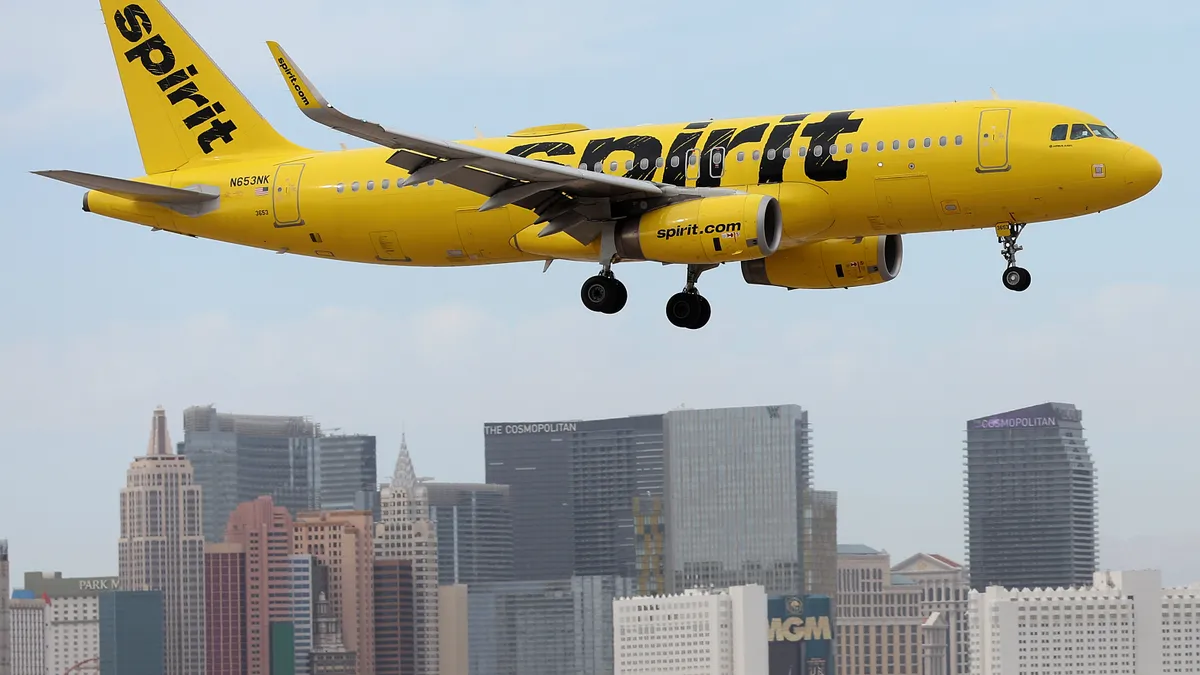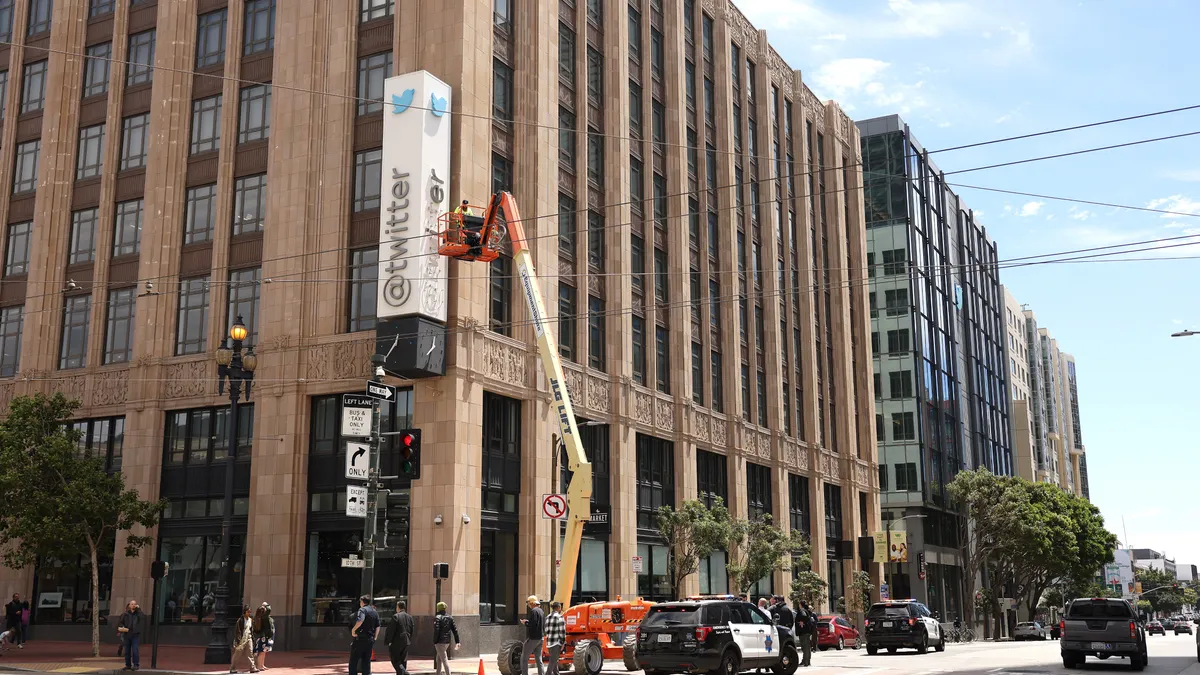Are NDAs on the way out? Action in Congress and across a number of states indicate that could be the case — potentially along with mandatory arbitration.
On Sept. 29 — about two weeks before #MeToo’s fifth anniversary — the Senate passed the SPEAK Out Act, which invalidates nondisclosure and nondisparagement agreements in cases of sexual assault and sexual harassment. The bill, sponsored by Kirsten Gillibrand, D-N.Y., and co-sponsored by a range of Democrats and Republicans including Lindsey Graham, R-S.C., and Amy Klobuchar, D-Minn., passed by unanimous consent. The bill now awaits consideration by the House.
Bipartisanship may be rare in 2022, but the SPEAK Out Act is at least the second bipartisan bill dealing with employment law to receive such support in Congress this year. In February, lawmakers passed the Ending Forced Arbitration of Sexual Assault and Sexual Harassment Act — also known as the #MeToo Bill — which invalidated mandatory arbitration agreements for employees making claims of sexual assault or sexual harassment, allowing them to pursue them in court.
What accounts for the cooperation across the aisle? “I don’t think anyone is on the side of the Harvey Weinsteins,” Aaron Goldstein, partner at Dorsey & Whitney, told HR Dive. “Everyone’s on the same page.”
The action on arbitration and NDAs comes at a unique time politically, Goldstein noted, in which Republicans are not always automatically considered to be on the side of corporations, and Democrats are not always considered to be against them.
Many businesses have made activist-leaning moves in the past few years, from setting diverse hiring goals to introducing abortion travel benefits in the wake of Dobbs v. Jackson Women’s Health Organization. Adding in the debate around COVID-19 and vaccinations, the Republican Party has developed an “anti-corporate streak,” Goldstein said. This may have primed the environment for more action that restrains corporate power — even on issues the left tends to agree on.
It may help that Gretchen Carlson, former Fox News host and a face familiar to many Republicans, has been a primary champion of the issue. Carlson co-founded Lift Our Voices, a nonprofit initiative dedicated to ending forced arbitration and NDAs, with former colleague Julie Roginsky and journalist Diana Falzone. The group was instrumental in the passage of both the February #MeToo Bill — the signing of which Carlson attended — and the more recent SPEAK Out Act in the Senate.
Last night, the Senate passed the bipartisan #SpeakOutAct to prevent survivors from being silenced by NDAs for abuse at work. We're grateful to our Senate partners @gillibrandny @MarshaBlackburn @maziehirono @LindseyGrahamSC & supporters in both chambers. https://t.co/RgBgcOI5Fe
— Lift Our Voices (@LiftOurVoicesUS) September 30, 2022
The cause expands
While sexual assault and sexual harassment may have been the first frontier for knocking down NDAs and mandatory arbitration agreements, Lift Your Voices and its partner advocates don’t intend to stop there.
“While our personal experiences dealt with harassment in the workplace, our organization is fighting [against] all toxic workplace issues for all protected classes,” Carlson said during a Sept. 16 virtual event in collaboration with the Athena Alliance, a membership organization for executives. “So anything that would be under Title VII [of the Civil Rights Act of 1964] — any kind of discrimination, from age, disability, race, gender, LGBTQ+, etc. We are fighting for all of those disenfranchised groups and we have a lot of work left to do.”
Coco Brown, CEO and founder of Athena Alliance, said the organization was working to develop connections and provide visibility for Carlson and Lift Your Voices. “These are the women who can take up the mantle and say, ‘We’re actually going to implement this policy in our business.’ … so that she can have more and more reference points to say, ‘That company is doing it, this company is doing it, this company is doing it,’” Brown told HR Dive.
With NDAs for sexual assault and sexual harassment charges likely becoming invalidated along with forced arbitration, it is possible the focus will turn to other protected classes, as Carlson suggested. At the Sept. 16 event, Carlson and Roginsky pointed out the disparities in workers subjected to such agreements and processes. Nearly 60% of Black workers are subjected to forced arbitration, Roginsky said, and 65% of workers who make minimum wage or slightly above are bound by forced arbitration.
Home healthcare is the industry with the highest number of forced arbitration clauses, Roginsky said. “So if you think about the average person that we’re fighting for … She's a Black woman making $13 or less an hour cleaning bedpans.”
For Lift Our Voices, the legislative strategy is to “take it in small chunks,” Carlson said. In talking to HR Dive, Brown pointed to the difficulty of achieving bipartisan support when an issue is too all-encompassing. “Sometimes the system can only take one thing at a time, unfortunately,” she explained. “You try to put too much in at once and then it gets rejected entirely.”
The chipping away of NDAs
In Goldstein’s view, while arbitration and NDAs are often lumped together, the former can sometimes have redeeming qualities — especially if employees wish to maintain privacy — while the latter has become increasingly difficult to defend. “My advice to clients going back to 2017, 2016, right when #MeToo was starting, was that you shouldn’t ask for NDAs anyway,” he said. “Because this type of information will come to light anyway, and when it does it’s devastating.”
Legality isn’t all companies need to worry about, Goldstein emphasized — PR plays a major role in corporate success as well. “The risk of a lawsuit is not what's going to kill you,” he said. “What’s going to kill you is if it becomes a trending hashtag that your company is a disgusting company that hires predators, regardless of what is true … as soon as there's a cover up, there's an assumption of a crime.”
Many companies, presumably receiving similar advice, have loosened or entirely gotten rid of NDAs. Media company Conde Nast ditched the tool’s use for discrimination and harassment charges in 2020. Microsoft announced a similar initiative in June. “Microsoft has heard feedback that we can further strengthen our workplace culture and encourage employees to come forward with workplace concerns by addressing … nondisclosure clauses,” the company wrote in a blog post.
But such moves can’t always be attributed to corporate altruism alone, or even prescient advice from lawyers; Conde Nast appeared to be responding in part to internal union pressure. And Microsoft is headquartered in Washington, which passed the Silenced No More Act in March — legislation that banned NDAs in a number of circumstances and went into effect a mere day before the company’s blog post.
In addition to Washington, a number of other states have passed laws limiting or banning the use of NDAs. California has its own Silenced No More Act, which took effect Jan. 1. Maine and Oregon also have such laws, as does Hawaii. For many companies, especially those in tech, state law is pre-empting voluntary disarmament of their secret-keeping armor.
‘Better off in court’
While NDAs may be going the way of the dinosaur, many companies remain attached to mandatory arbitration agreements. “I think you’re gonna see pushback on getting rid of arbitration agreements in their entirety,” Goldstein said. Much of the appeal of such agreements is the common requirement that employees sign away their ability to participate in class-action lawsuits — a right the U.S. Supreme Court upheld in its 2011 AT&T Mobility LLC v. Concepcion decision.
Class-action waiver clauses can help protect companies from suits they might otherwise face from unhappy employees. “It doesn't make sense for a lot of the plaintiffs’ attorneys to take on, you know, 5,000 $150 cases,” Goldstein said.
On the other hand, he pointed out, there are exceptions to the waiver’s usefulness. In 2020, DoorDash experienced a painful backfiring of its strategy when a judge ordered the company had to arbitrate more than 5,000 individual cases with workers who claimed they were misclassified as independent contractors — and that it would need to pay a $1,900 fee in each case.
As with NDAs, Goldstein said he recommends employers cool their love affair with arbitration — for their own sake as much as for employees’. “Arbitration agreements … really don’t advantage the employer, at least not nearly as much as most employers think,” he said. “Oftentimes, you’re better off in court, because arbitrators don't like to dismiss cases. They would rather go to a hearing, and then they have a tendency to split the baby.”
Employers tend to fear juries, but if a company has its compliance practices in order, it has a good shot before a jury even enters the picture. A 2013 analysis showed nearly 4 in 5 employers facing discrimination charges had their summary judgment motions granted in federal court, precluding a trial.
Still, it may take the law to force a significant change in how companies settle disputes, whether by state-by-state mandates, charge-by-charge bans or both.



















